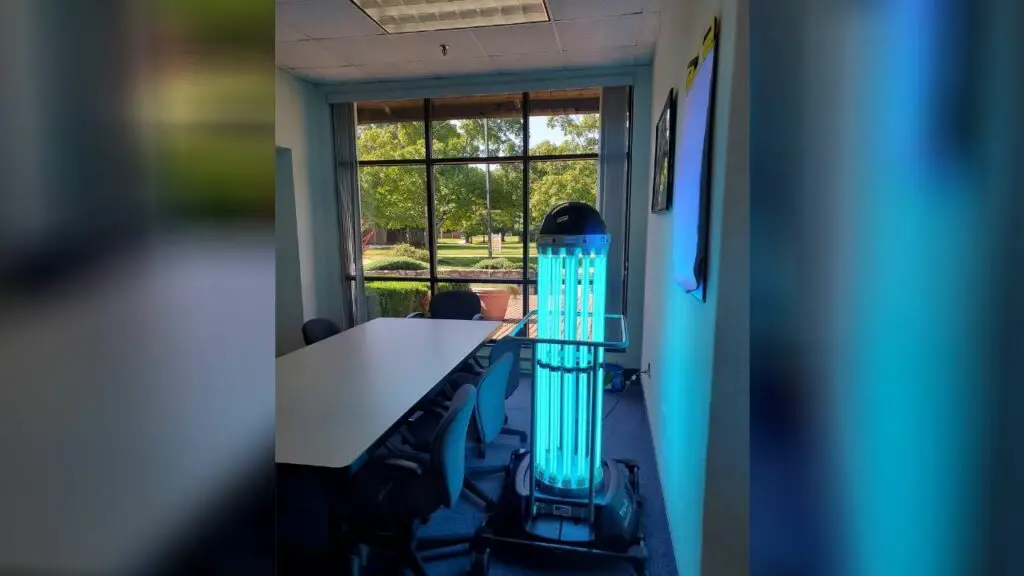Brookdale Community College now has two robots to assist the university in disinfecting the campus. The Total Room Ultraviolet Disinfection (Tru-D) robots are controlled remotely and connect to an application that monitors infection control data while uploading the information to the college’s web portal.
The robots are equipped with UVC light, which works by breaking down the DNA or RNA structure of microorganisms. This effectively hampers their ability to replicate and cause disease. After the university staff is finished carrying out normal cleaning, the Tru-D robots take over to complete the disinfection process.
Christopher Otis, Fire Safety and Environmental Compliance Manager, said that the robots are a part of the school’s commitment to maintaining a “safe learning and working environment,” as well as being an investment in “the most progressive infection prevention technology on the market.”
Next-Day Test Results With Laboratory Robots
Across the country, other colleges and universities have found ways to use technology in the fight against the coronavirus.
Boston University has developed robots to process over 6,000 coronavirus tests per day in its laboratories. They can provide results as soon as the following day. The University of Texas at Austin also has three robots that are doing the same, at no cost to the students.
At the University of South Carolina, the University of Maryland, and the University of California, Berkeley, a robot is working with the school to process saliva tests that detect the virus.
Food Delivery Robots for Mitigated Risk of Infection
Beyond testing, the University of Minnesota’s College of Science and Engineering students are building a robot that can monitor COVID-19 patients. The 4-foot-tall robot will be equipped with a one-way video and audio feed so that health workers can observe patients, as well as a thermal camera to check their temperatures.
Meanwhile, the University of Wisconsin-Madison has a fleet of six-wheeled robots that deliver food to the remaining 550 or so students living in the residence halls. The university contracted with San Francisco tech company Starship Technologies for the autonomous delivery service. Students only have to pay a $1.99 delivery fee in addition to the cost of their food to keep the service running.

